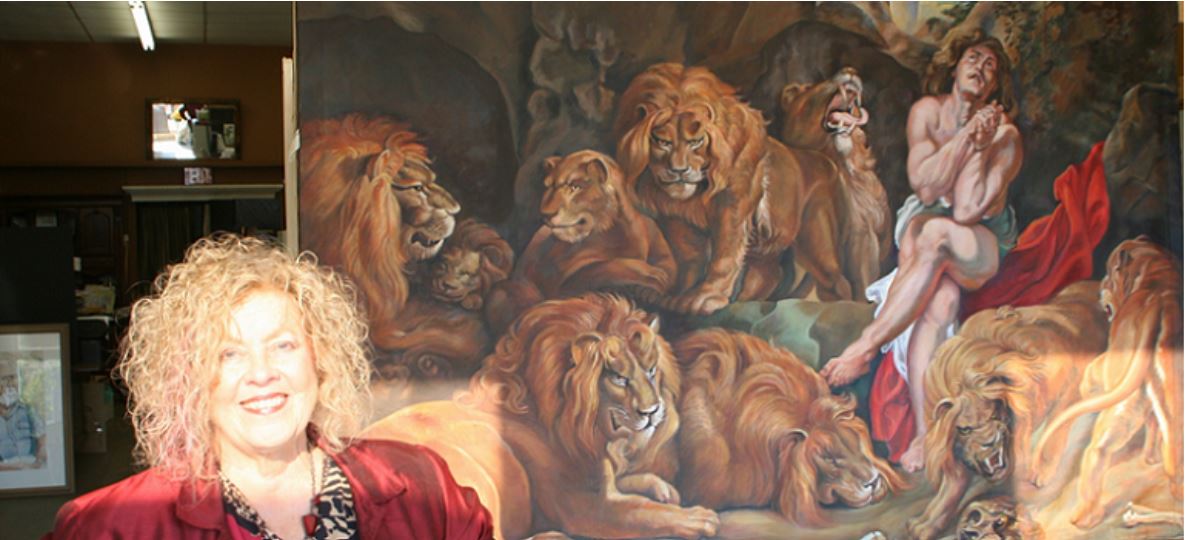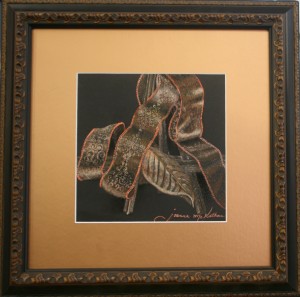JOURNAL TO 8 HEALTHY, CREATIVE RESULTS
21 - 02
2017
How much does creativity depend on our well-being?
Many of us acknowledge a creative bent. We are committed to creativity. But how much, and would we benefit from more?
Investing in personal creativity is a process of discovery. We can augment our senses by daily journaling. In 8 specific ways, I have learned the art of keeping a journal from actions taken after reading Julia Cameron’s The Artist’s Way. You can probably find the book on Amazon. I have written daily in my journal for two-digit years, now. What this exciting practice does is nurture the inner being in content and quality of spirit and soul. Writing in a daily journal deposits differences in one’s life. It makes you a more creative, productive artist.
1.By increasing our commitment to the inner person, we lose fragmentation. We start with signing a contract with ourselves that increases our commitment to ourselves. We respond by toughing out writing three journal pages every morning, in helter-skelter, error-filled, random mutterings before we leave our nest. My best moment is first thing in the morning when my husband brings me a cup of coffee where I sit on a nice couch and between sips of strong brew, I pen stream of consciousness outpourings without correcting. I resist the urge to make an essay, or in any way to perfect what emerges. Sometimes I make random lists. I use a black gel pen from a dollar store that has good ink-flow. In this manner as the weeks have flown, I have worked my way to big decisions, surprising revelations, and the germs of literary products. If you are like me and are “here, there, and everywhere,” this integrates your person into continuity, enough to surprise the talkative extrovert.
2.Valuing yourself and your thoughts. We owe ourselves the luxury and time of processing what happens to us. We need to take time out to understand things–who said, the unexamined life is not worth living? Other people do not exist for that purpose. While they may listen to us occasionally, it’s a serious time drain, which works up to a relationship drain. Therefore, talk to yourself. Ruminate. Writing fixes the unfocused mind in a way that verbal, spoken interchange does not. If you let others in too far, their thoughts will supplant yours, and you may never know what you would have thought. Value your thinking space. One good morning processing is a dip into the well, equals a smoother, more creative day.
3.Writing things down brings an internal order. Internal order is also a by-product of consistent journal writing. Most artists–writers or visual–do not think in linear fashion. We leap to conclusions. Chronology links things together, even if in a written exercise. While you can use your page time for making grocery lists, you must do it in as organic and informal a way as possible. Then recall will occur as a natural outcome to your day. Uncanny, really, how this works. Artists are not easily ordered externally. It is not rebelliousness, as some like to think. Such people cannot enforce order on themselves from outside; it must come from within.
4.Journaling decreases second-guessing and waffling. Creatives are not always good decision makers. Your writing nest is the best place to try out alternatives. Write what comes to your heart each day. Verbalize why you feel one way, why you tend to the other. Insights will begin to seep in, tell you why you can’t decide, why others think you are doomed to continual flipping. Eventually, what is really bothering will come to the fore. It might be some choice you don’t want to have to make between two good things. Being mathematically inclined, one day I began figuring out just how much time—driving, teaching, preparing, marketing, I was doing to teach in a town 40 minutes away. When I arrived at the grand total figure in terms of months in a year, I stopped writing and got vocal. I don’t want to spend that kind of time on it! Within 2 weeks, I quit, and brought my whole business closer into my home town. In the same way I figured how much time staying in the beautiful building I loved and that looked so much like the art gallery of my dream vision cost me in meetings with the landlord, swarming of termites, interviewing pest control, rushing to take my paintings out of the beautiful rain forest windows—and as I wrote and added sums of time lost–suddenly, the answer was clear. Two weeks, and I was free.
5.Fertile ideas come in the mornings. Poems and paintings are not just an intellectual process that have to be drummed up and designed. One doesn’t sit down and start doing them, or rarely. Many times my heart would pour itself into words heavy with pathos, a treasured memory or some lilting spun lyrical phrase. Even articles began in the twilight of my sitting couch. The ideas came spontaneously, but needed work. So I do the seed work in private, dark, intimate time on the couch. By the end of the three pages, the idea can stand the light of day in a cold, clacking re-write.
6.Insights that approach the intensity of revelations come as bonuses. This happens in the write time, or any time, so it’s always good to have a small notebook to catch these dew drops. Struggling through words in the morning brings new connections like clustering does, where one word leads to another, to puns, to things out of context. This is the wellspring of all—visual or mental—that takes you new places. New thoughts, revelation, connections newly forged—this is the magic of discovery. Childlike fun is at the heart of creativity.
7.By delving into yourself you go outside yourself in a sort of abandonment. In accepting yourself, you escape rejection. Confidence leads to being carefree, making wiser decisions. Even your doodling becomes the beginning of good work. My whole gel pen series began as a part of playful doodling. “Grand opening” is the 24 x 24 inch painting shown here.
8.A sense of continuity and uniqueness emerge. Artists with deep-seated issues don’t arrive here easily, but in a growing awareness that comes when composition books pile up, when you realize some disasters have been averted, and you have produced exemplars of which you are proud. You have actually become your own best friend, a reasonable assurance against self sabotage.
Read Julia Cameron’s book, The Artist’s Way, for more, because this is my takeaway of eight bonuses journaling has brought to me as an artist. Validation, authority, and assurance come from committed journaling, and lead a string of other friends by the hand. Happy writing, painting, and healing.
See the rest of the gel pens in paintings.joriginals.net/


Leave A Reply
You must be logged in to post a comment.